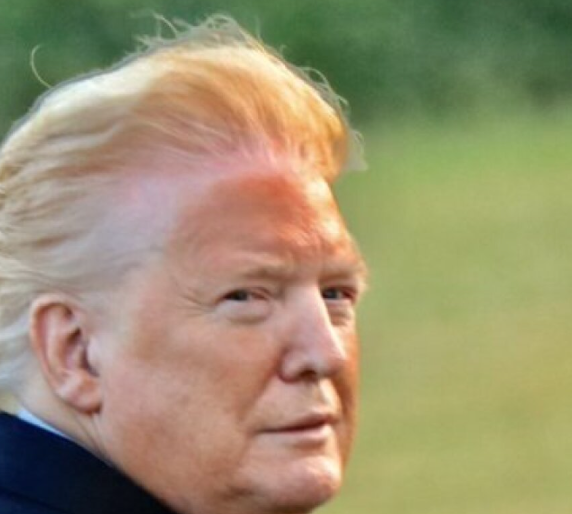$BABA $TSLA $BTC
#Trump #China #XiJinping #USChinaRelations #Inauguration #Geopolitics #GlobalMarkets #Stocks #Crypto #TradeRelations #ForeignPolicy #Economy
Former U.S. President Donald Trump has reportedly extended an invitation to China’s President Xi Jinping for his upcoming inauguration, signaling a potential diplomatic outreach amid uncertainty surrounding the evolving U.S.-China relationship. Traditionally fraught with trade tensions, technology restrictions, and geopolitical rivalries, relations between Washington and Beijing remain at a crossroads. Trump’s outreach, if confirmed, comes at a critical moment as both nations seek to assess how bilateral relations might evolve under shifting political and economic landscapes. This move could have significant implications for markets, particularly sectors such as technology, manufacturing, and commodities that remain tightly linked to U.S.-China economic ties.
Investors are paying close attention to how this potential engagement could influence stability in global markets. U.S.-China relations have a history of impacting the performance of major stocks, especially firms with deep economic ties to China, such as Alibaba Group ($BABA) and Tesla ($TSLA). For instance, past announcements regarding U.S.-China trade policies have triggered volatility in global equities and currencies. Diplomatic improvements could benefit companies that depend on supply chains in China or have substantial revenue streams coming from the Chinese market. Conversely, if tensions occur post-inauguration, markets might see defensive plays and a shift into safer assets.
In cryptocurrency markets, the potential thaw in U.S.-China relations could inspire bullish sentiment for $BTC and other digital assets. China has historically contributed significantly to the global cryptocurrency ecosystem, even as regulatory pressures have mounted in recent years. A stronger diplomatic relationship could lead to eased restrictions on cross-border capital flows, indirectly benefiting crypto markets. Additionally, blockchain technology, often associated with decentralized finance, holds potential opportunities for both nations’ economies. Investors may watch heightened geopolitical discussions for signs of financial and technical collaboration that could boost innovation and speculative interest.
This outreach also ties into global economic themes of polycrisis—where trade, politics, and financial issues intertwine to create larger structural challenges for nations. Beijing’s desire for clarity on U.S. policy approaches under a new administration will likely extend into sectors like renewable energy, semiconductors, and defense—all of which could experience stock price fluctuations. Any forward progress achieved during discussions between Trump and Xi Jinping may set the stage not only for cooling rivalries but also for establishing new market pipelines. However, traders should remain cautious until concrete policy shifts are implemented.











Comments are closed.